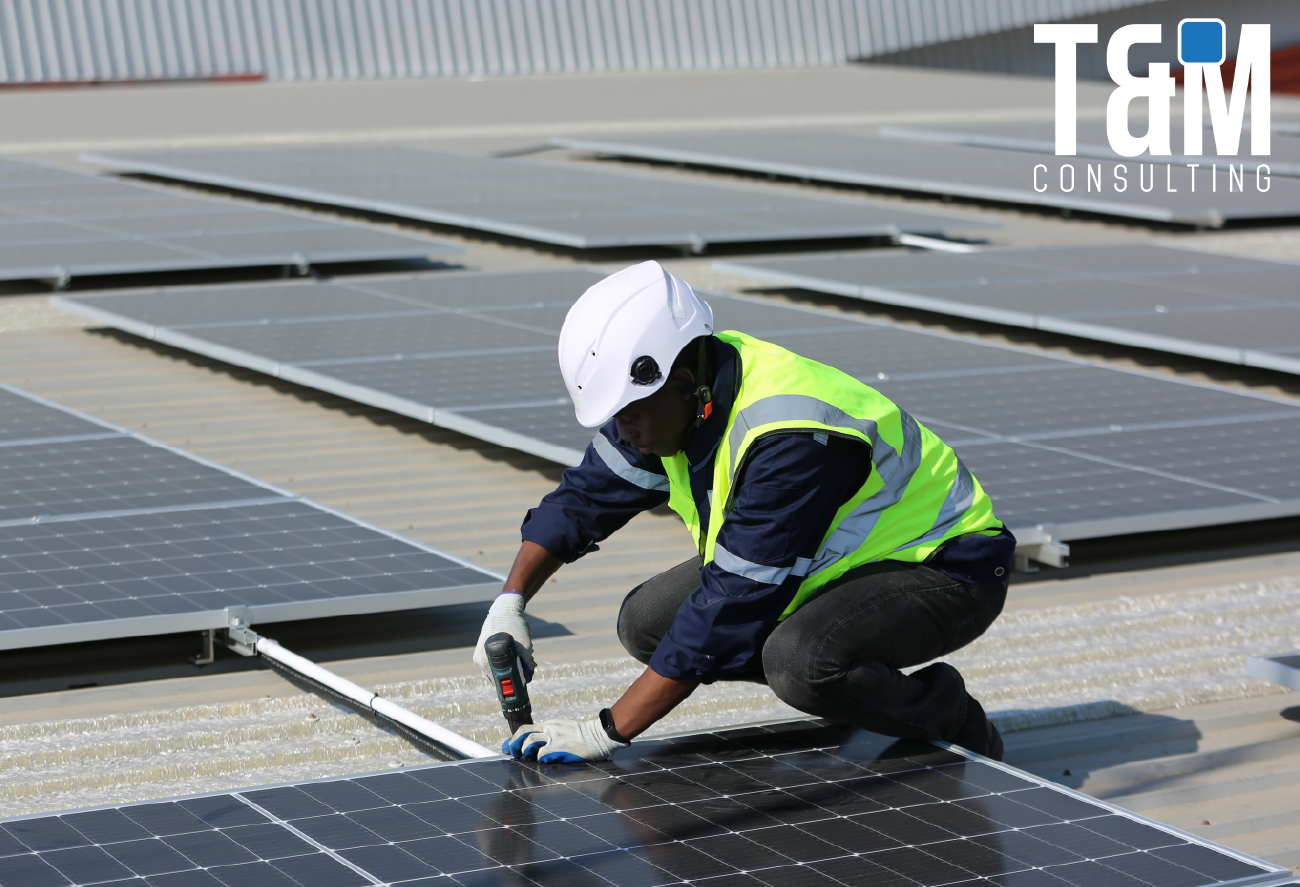Econews
Learn more about floating solar energy

The website of the journal Nature Sustainability, dedicated to reporting discoveries and findings that advance knowledge, published a study indicating that floating solar energy has enormous potential for thousands of cities around the world, solving problems such as water scarcity and clean energy generation.
By installing a system of floating solar panels on reservoirs near cities, providing energy to meet the demand of each city.
Floating solar energy is known as "floatovoltaics” and is defined as an alternative technology that uses solar panels installed in the water, instead of on land. These work in a similar way, only their structure allows them to be placed on floating panels, instead of rigid supports installed on solid ground.
The published study showed that, worldwide, there is the possibility that more than 6,000 cities can meet their electricity demand using the alternative of floating solar panels located in reservoirs near the city.
Covering approximately 30% of the water surface of the reservoir is sufficient to provide enough energy to supply the entire city. The study also indicates that the energy generated by the floating panels could also conserve the same amount of water that 300 million people would use in a year.
The floating solar power system has several benefits in addition to generating clean energy. First, because the surface of the water will be partially covered, it would reduce evaporation in times of drought where high temperatures directly affect the water, on the other hand, floating solar cells are more efficient than traditional ones, due to the cooling effect that the water produces on them, finally, by not needing installation on land, it would avoid major construction, so it is not required to affect the fauna of the area.
Although it is true that solar panels could reduce oxygen levels in the water and affect the existing ecosystem, the benefits outweigh the disadvantages. It is very important that before opting for this system, a thorough evaluation is made where changes and possible damages are minimized and do not affect the natural ecosystem of the area.
On the other hand, this system could be an effective solution in remote and difficult to access areas, and of course, the greatest benefit would be to reduce dependence on fossil fuels and minimize the production of greenhouse gases.
Floating solar power is a technology that could revolutionize the way we generate clean energy in the future.
Learn more at https://www.nature.com/articles/s41893-023-01089-6.epdf
25 de Abril, 2023





